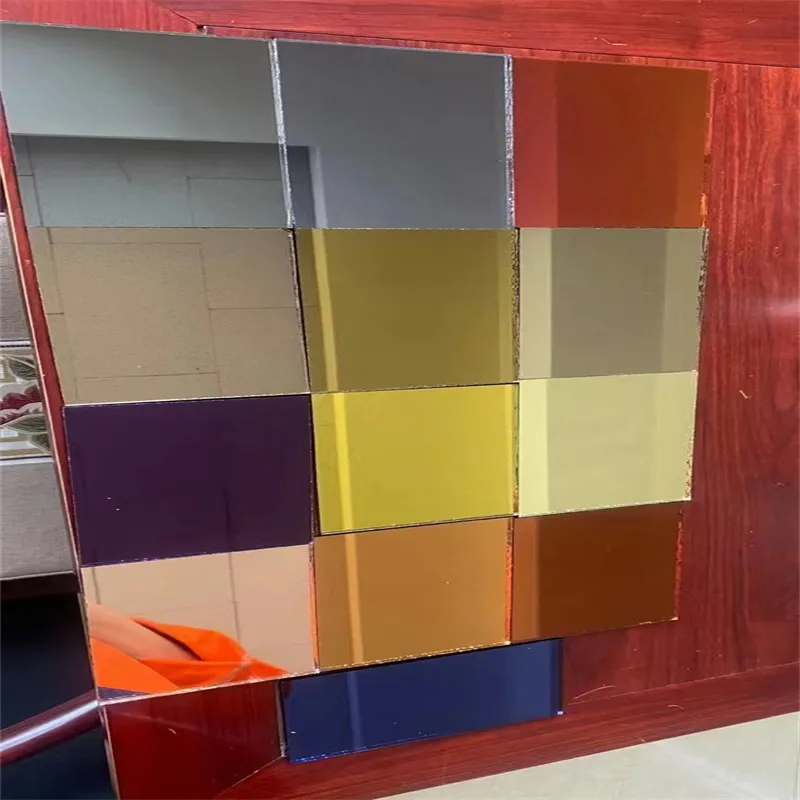Oct . 30, 2024 11:46 Back to list
float glass sheets
Float glass sheets, a remarkable innovation in the glass manufacturing industry, have revolutionized the way we utilize glass in various applications, from architecture to automotive sectors. These sheets are produced using a unique process that results in high quality, smooth, and uniform glass that offers numerous advantages over traditional glass production methods.
The float glass process begins with the melting of raw materials such as silica sand, soda ash, and limestone in a furnace. Once the materials are melted into a molten glass, it is poured onto a bed of molten tin. The glass floats on the tin, creating a perfectly flat surface as it cools. This innovative method allows for the creation of large sheets, typically ranging from 3 to 19 mm in thickness, and can be cut into various sizes for different applications. One of the most significant advantages of float glass sheets is their superior optical clarity. The finished product has minimal distortion, making it ideal for use in windows, facades, and display cases. Architects and designers often prefer float glass for its aesthetic appeal and ability to enhance natural light in buildings.
In addition to its optical qualities, float glass is also known for its durability and strength. The uniform thickness and smooth surface reduce the likelihood of scratches and damage, making it an excellent choice for both residential and commercial applications. Moreover, float glass sheets can be treated or coated to enhance their performance further. For instance, anti-reflective coatings can improve visibility, while low-emissivity (Low-E) coatings can enhance energy efficiency by reducing heat transfer.
float glass sheets

Another significant aspect of float glass sheets is their environmental impact
. The production process is relatively low in emissions compared to other glass manufacturing methods, and many manufacturers are adopting sustainable practices to minimize their carbon footprint. Additionally, float glass is fully recyclable, making it an eco-friendly choice as our society increasingly prioritizes sustainability.In the automotive industry, float glass sheets are critical for windshield production and other glazing applications. Their strength, clarity, and ability to be manufactured in large sizes make them perfect for vehicles that require safety and visibility. Furthermore, advancements in float glass technology have led to the development of laminated glass, which provides additional safety benefits and sound insulation.
In conclusion, float glass sheets represent a significant advancement in glass manufacturing, combining beauty, functionality, and sustainability. Their versatility makes them a preferred choice in various sectors, and as technology continues to evolve, the applications of float glass are likely to expand even further, further engraining this remarkable material into the fabric of modern life.
-
Safety and Style with Premium Laminated Glass Solutions
NewsJun.24,2025
-
Reinvents Security with Premium Wired Glass
NewsJun.24,2025
-
Premium Float Glass Line for Modern Architecture
NewsJun.24,2025
-
Low Emissivity Glass for Energy-Efficient Architecture
NewsJun.24,2025
-
High-Performance Insulated Glass Solutions for Modern Architecture
NewsJun.24,2025
-
Elevates Interior Style with Premium Silver Mirror
NewsJun.24,2025
Related PRODUCTS














